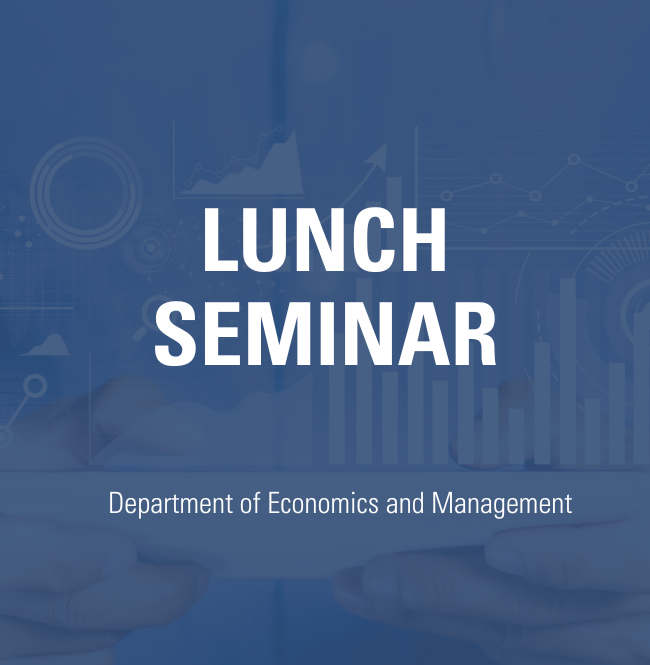Efficiency in Collective Decision-Making via Quadratic Transfers
Abstract
A group of agents with privately known preferences must choose one of several alternatives. We study the following collective-choice mechanism: every agent can express her intensity of support or opposition to each alternative, by transferring to the rest of the agents wealth equal to the square of the intensity expressed, and the outcome is determined by the net sums of the expressed intensities. We prove that as the group grows large, in every equilibrium of this quadratic-transfers mechanism (QTM), each agent’s transfer converges to zero, and the probability that the efficient outcome is chosen converges to one.
About Jon X. Eguia
Jon X. Eguia is a Professor of Economics at Michigan State University. After obtaining a PhD from the California Institute of Technology, he taught at New York University as an Assistant Professor, at the U. Bristol as a Reader, and at Harvard as a visiting Associate Professor. He joined Michigan State in 2014, and he was promoted to his current position in 2020. From 2018 to 2024 he served as an Associate Editor of the Journal of the European Economic Association, and he is currently serving as an Associate Editor, and as Guest Co-Editor of a Special Issue on Elections for Economics of Governance. In Spring 2025 he holds a Structural Democracy Fellowship from the Brooks School of Public Policy at Cornell University.
His research in the areas of Microeconomic Theory and Political Economy have been published in leading general interest journals across the disciplines of Economics and Political Science, and in several other field journals in Economic Theory, Public Economics, Political Science, and Law, in topics including voting, electoral competition, polarization, redistricting, inequality, discrimination and assimilation, conflict, implementation theory, coalition formation and information aggregation.
Language
English
This is a free seminar. Registration is mandatory
